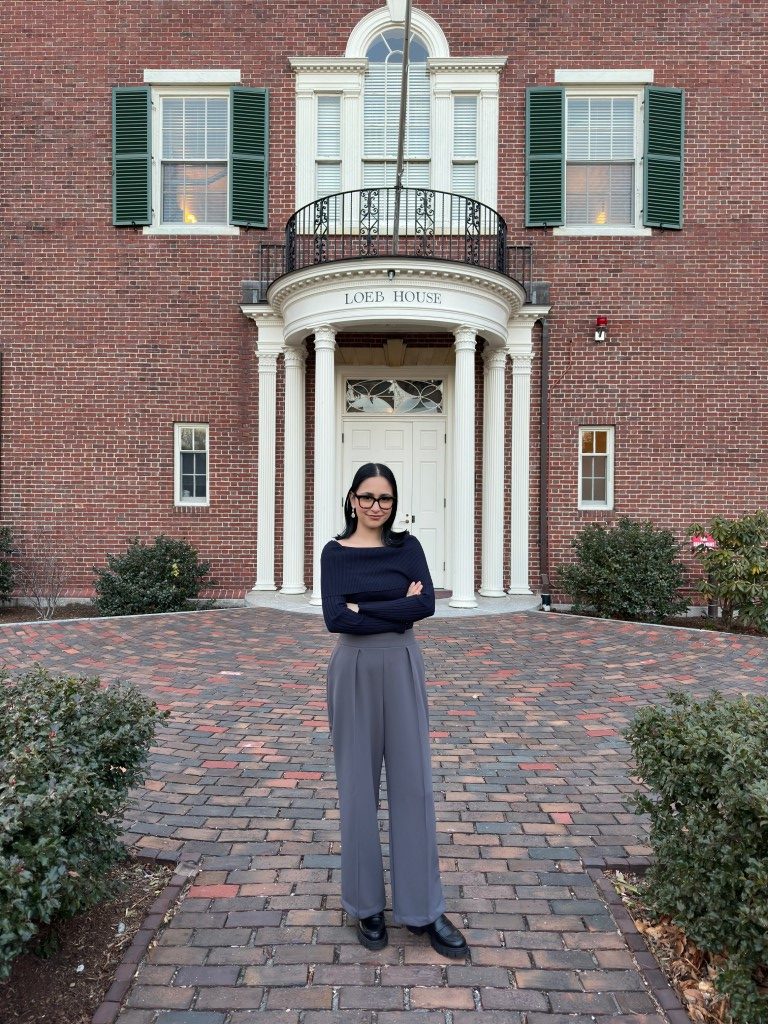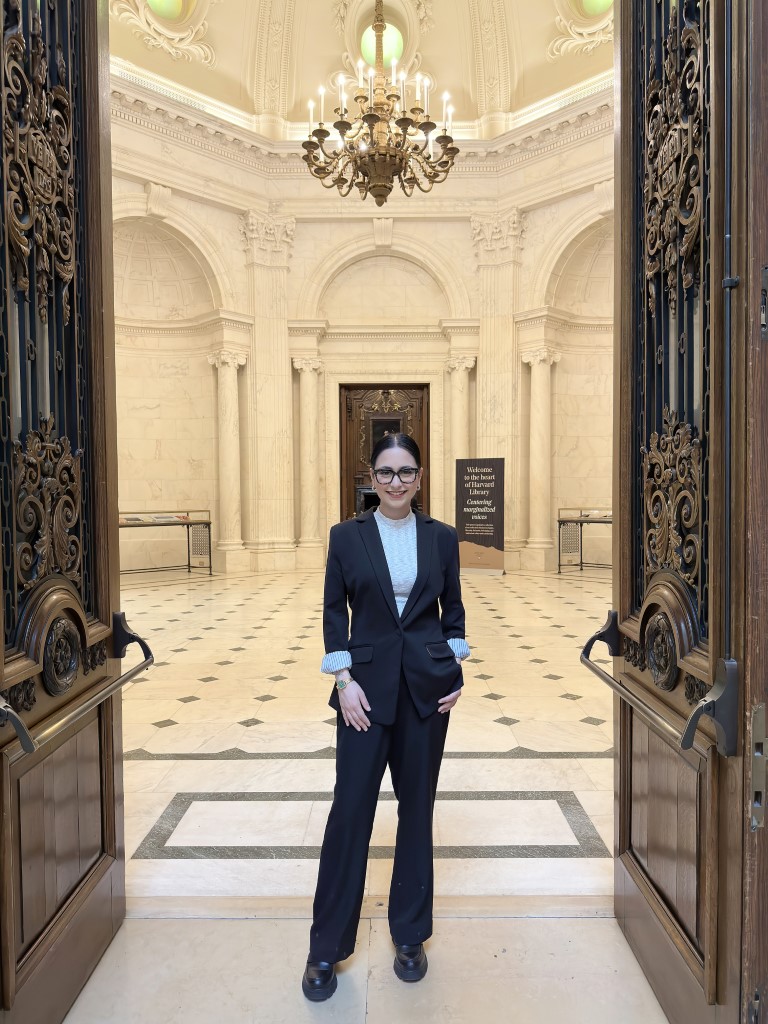BY J.M. LEE
Simran was told she wasn’t smart enough to pursue higher education. Then, she got into Harvard University, defying all the odds after facing many obstacles in her journey. As a child with an undiagnosed severe learning disability, Simran taught herself how to get by in school. She once had a 1.7 GPA during her Undergrad and was about to fail university. It was all before the life-changing diagnosis at the age of twenty. She says, “I barely graduated high school and was on academic probation during most of my Bachelor’s Degree. Education has always been highly precious to me. Despite facing adversity trying to obtain it, I never stopped trying. After my diagnosis, I had a lot of drive to prove I could succeed. I turned my life around, planned to pursue higher education, and wanted to help others like me.”
Simran grew up in Surrey and completed her Bachelor’s Degree in Applied Behavior Analysis from Capilano University; she now lives in Boston, pursuing a Master’s Degree at Harvard University. At 22, Simran has a very successful career. She is the Director of Business Development at E-CO Alternatives, on the Board of Directors at IADHD Collation, The Vice President of The Non-profit Leadership & Philanthropy Club at Harvard University, The Director of Partnerships at Inform Your Community-New York, A Research Associate at Harvard University, The Founder of The Abstract Genius and a Volunteer with The United Nations. Simran believes having the mindset that one will not be outworked—is vital to one’s success. She says, “People willing to work as many hours as needed, learn the necessary things, and put all their energy into their goals, will ultimately get to the top.”
As a child with an undiagnosed severe learning disability, Simran taught herself how to get by in school. She once had a 1.7 GPA during her Undergrad and was about to fail university. It was all before the life-changing diagnosis at the age of twenty.

Simran says her failures have shaped her immensely; she allows them to be resetting points to create a better version of herself. She reveals she faced a lot of rejection before getting into Harvard and having the success she has today. Her drive and determination proved strong. “My parents always reminded me of what I can offer to the world. My father never wavered in his undying support for her dreams. He never told me I couldn’t accomplish something. No matter how crazy the goal seemed, he was ready to cheer me on.” Simran says her dad taught her the value of education beyond school, which ultimately put her on her path. Despite having been in rooms with many intelligent people, Simran says her dad is still “the smartest person she knows.”
When asked about her leadership style, Simran states, “Don’t be afraid to learn what you don’t know to support better those you work with.” She wants to understand what her teams need from her to put their best work forward. “I want them to use me as a resource for support. I like to create an environment of learning where my team is not afraid of making mistakes but feels comfortable communicating their needs so they can produce their best work.”
“Don’t let people who aren’t seeing your work behind closed doors tell you what you are and are not capable of doing. You are the only person who can judge your abilities, and it is ultimately in your hands to create the life you want.”

We asked what advice she would give others, and she said, “Don’t let people who aren’t seeing your work behind closed doors tell you what you are and are not capable of doing. You are the only person who can judge your abilities, and it is ultimately in your hands to create the life you want. There won’t always be open doors to walk through to get an opportunity. You have to be willing to do the things that others may not be willing to do; If you don’t see a place for yourself and your goals in the world, create one.”
When asked about her mother, Simran says, “My mom is my best friend.” She credits her emotional intelligence to her mother’s “innate ability to nurture everyone around her.” Simran says her mother’s desire to understand others’ feelings and adapt to people’s emotions taught her how to treat others. “My mom used to get up for work at 2 AM every day to work a shift that would allow her to come back home before my brother and I were back from school, so she could spend more time with us and take us to our afterschool activities. Anything important to me was important to my mom, and it didn’t matter how big or small that thing was; she always made room for my feelings.” Simran credits her parents for her success. “My parents created a world for me within myself that allowed me to flourish even in the toughest of conditions. They found value and creativity in parts of me that others may have seen as flaws. I am fortunate to have been raised by them.”




